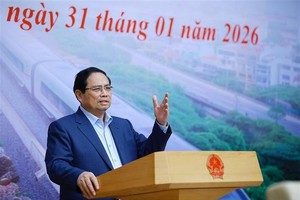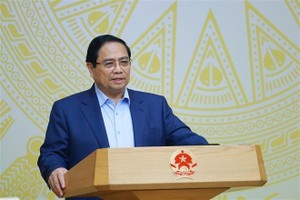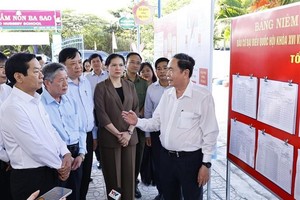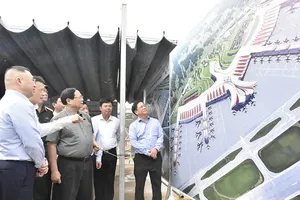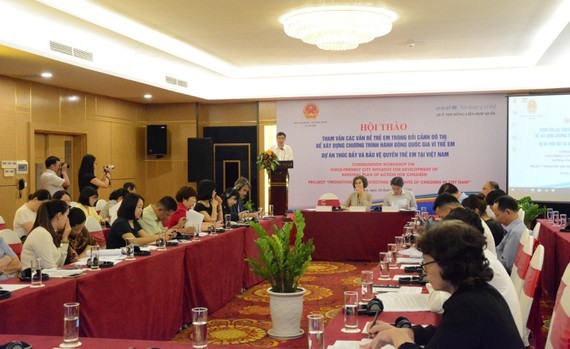
Urban population growth also gives rise to both opportunities and challenges.
For years, the city has taken heed of social securities and programs creating a healthy social environment where children can develop healthily.
Children can voice their opinion as well as participate in activities in forums, clubs and extra-activities.
However, the city is facing challenges of urbanization and access to social services for children, the most immediate and direct means through which the state guarantees children’s rights, is limited. Moreover, there has been a rise in children falling into tragedy and violating regulations.
At the seminar, Deputy Chairman of Da Nang City People’s Committee Le Trung Chinh said that in the future, the city will connect children well-being with the city’s sustainable development by prioritizing land for demands involving children, especially recreational areas and parks in addition to upgrade of the network of health care, education and child care services.
Coordination between agencies and localities will be enhanced especially in child care and development and prevention of child abuse cases.
Director of the MoLISA’s Child Department Dang Hoa Nam suggested that cooperation in exercising child rights, expanding ties between the municipal authorities and business community, social and vocational organizations should be escalated in order to make best use of local administration’s role in dealing with children-related issues.
Child-friendly city initiative attracts 3,300 cities globally, ensuring the sustainable development of cities, provinces and countries at present and in the future, UNICEF Deputy Representative Lesley Miller said.



